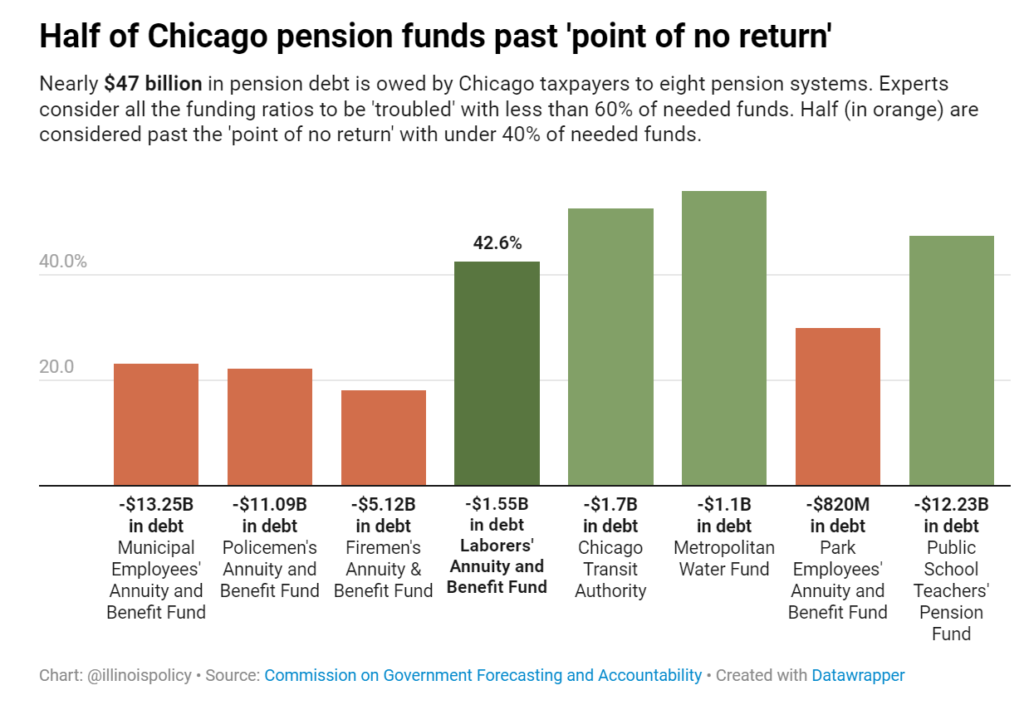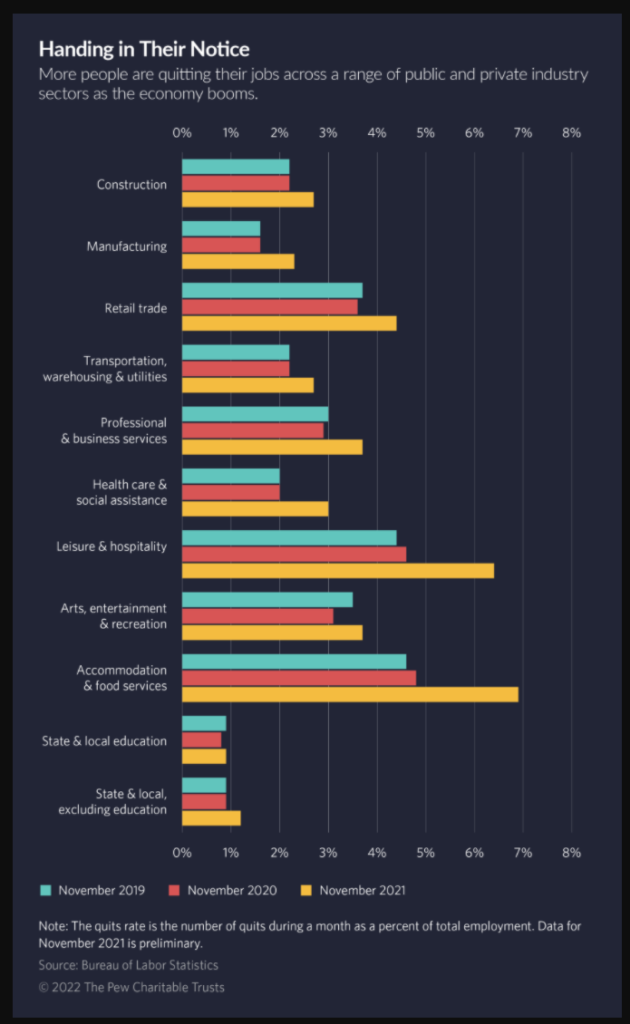In my prior article, I laid out the Illinois General Assembly’s repeated unanimous, near-unanimous or strong bipartisan majority support for a series of bills increasing pension benefits for public employees from 1989 – 2000.
….
With respect to the SERS benefit increase, the Senate debate centers around collective bargaining. As Senator Jones says in the May 31, 1997 transcript, “I think Senator Collins had worked hours, and many hours and years to sponsor this piece of – this legislation so that we can arrive at the point we are today. So I – I stand up gladly and proudly to – to support you in this endeavor, but I think we should know where the real, real support originally came from and how it all came about. And it came about as a result of collective bargaining legislation.” (Again, all transcripts can be viewed online.)
On the House side, there was more discussion. The CGFA’s summary notwithstanding, there were a number of benefit boosts, including a “30 and out” provision. It was explained by Rep. Poe that the bill was “funded” by the fact that during the AFSME contract negotiations, the union accepted a reduced wage increase (relative to what they’d otherwise have demanded) in order to achieve this pension benefit increase, and it was taken on faith that the bill was indeed therefore truly “paid for,” when it ought to simply have been met with incredulity instead.
….
This is, of course, exactly the core of the reason why public sector unions are fundamentally so ripe for abuse, when the individuals who nominally have the role of “employer” gain so much politically from providing these generous benefits.
This brings us to the Teacher’s equivalent and the transcripts of May 21 – 22, 1998. Here the path of the bill was not as simple, as the speaker delayed moving the bill out of the Rules committee.
….
Finally, we have transcripts of the 1989 COLA/pension funding bait-and-switch bill to read. Again recall that this bill was wholly rewritten through negotiations, and presented in its final form on the day it was voted upon, June 30, 1989.
….
“The pension bill has something for everybody, folks. It’s been designed in such a way that everybody’s got something in here.”
But as Schuneman continues to speak, it is clear that he is cynical about this design and in fact he is concerned about the cost, and he continues talking about the pension debt as the equivalent to paying the minimum payment on a credit card – but gets no traction. The next speakers are far more interested in clarifying the (even more generous) benefit boosts for General Assembly members, and after some side-tracking Jones picks up his “something for everything” point but not with Schuneman’s cynicism but sincerely calling for passage, citing the governor’s support (and with no mention of costs or the funding plan):
“Sure, there is something in here for everyone. The Office of the Governor came out very strongly for the workers of the State of Illinois and in strong support for the compounding of the increases for State Employees and retirees. So, let’s give me a favorable vote on this bill, and we will do good for the people who work hard for the State of Illinois.”



